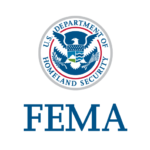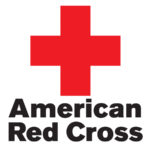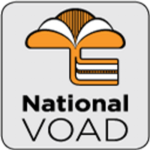The National Mass Care Strategy provides a unified approach to the delivery of mass care services by establishing common goals, fostering whole community collaborative planning and identifying resource needs to build the national mass care capacity engaging the whole community including under-served and vulnerable populations. The National Mass Care Strategy focuses on:
Sheltering
The operation of emergency shelters helps communities provide a safe and secure place for individuals and families to stay before, during, and/or after a disaster.
Distribution of Emergency Supplies
Bulk Distribution workers provide items essential to basic survival, health, and sanitation as quickly and equitably as possible to individuals affected by a disaster. The items provided meet the specific, urgent needs of the disaster-affected community.
Reunification Support
The reunification function provides human and technological resources to reconnect individuals as quickly as possible following a disaster or incident.
Mass Evacuee Support
The provision of life-sustaining services and resources to disaster survivors/evacuees and their Household Pets, Service Animals, and Assistance Animals (HPSA) during mass evacuation incidents.
Household Pets, Service Animals and Assistance Animals
The coordination and support for the rescue, transportation, shelter, reunification, essential needs, and care of Household Pets, Service Animals, and Assistance Animals (HPSA) during preparedness and response and recovery operations.
Support for Access and Functional Needs
The provision of services and resources to people with disabilities and others with access and functional needs.
Check out our recent posts
FEMA Releases Public Assistance Program and Policy Guide, Version 5.0 (Effective January 6, 2025)
The Federal Emergency Management Agency (FEMA) released Public Assistance Program Policy Guide (PAPPG) version 5.0 on January 6, 2025. The PAPPG provides comprehensive PA policy to use when evaluating eligibility. PAPPG 5.0 contains consolidated Public Assistance (PA) Program policies and procedural requirements for the entire program delivery life cycle. Changes Related to Sheltering Removed pre-approval requirement for non-congregate sheltering activities
FEMA Shelter and Services Program Public Listening Sessions
The Federal Emergency Management Agency (FEMA), in partnership with U.S. Customs and Border Protection (CBP), is hosting two virtual listening sessions to gather feedback on the Shelter and Services Program (SSP). CBP and FEMA invite anyone who is interested in informing potential future iterations of SSP to attend the SSP Listening Sessions. Please see the below information to register for
Open Public Comment Period for Public Assistance Program and Policy Guide, Version 5
FEMA is requesting public comments on its latest Public Assistance Program and Policy Guide (PAPPG), which focuses on plain language and increased eligibility for assistance. Some updates related to emergency sheltering, childcare services, and distribution of supplies and commodities. The 60-day public comment period opens June 18, 2024, and closes August 19, 2024. The PAPPG is now posted to the



